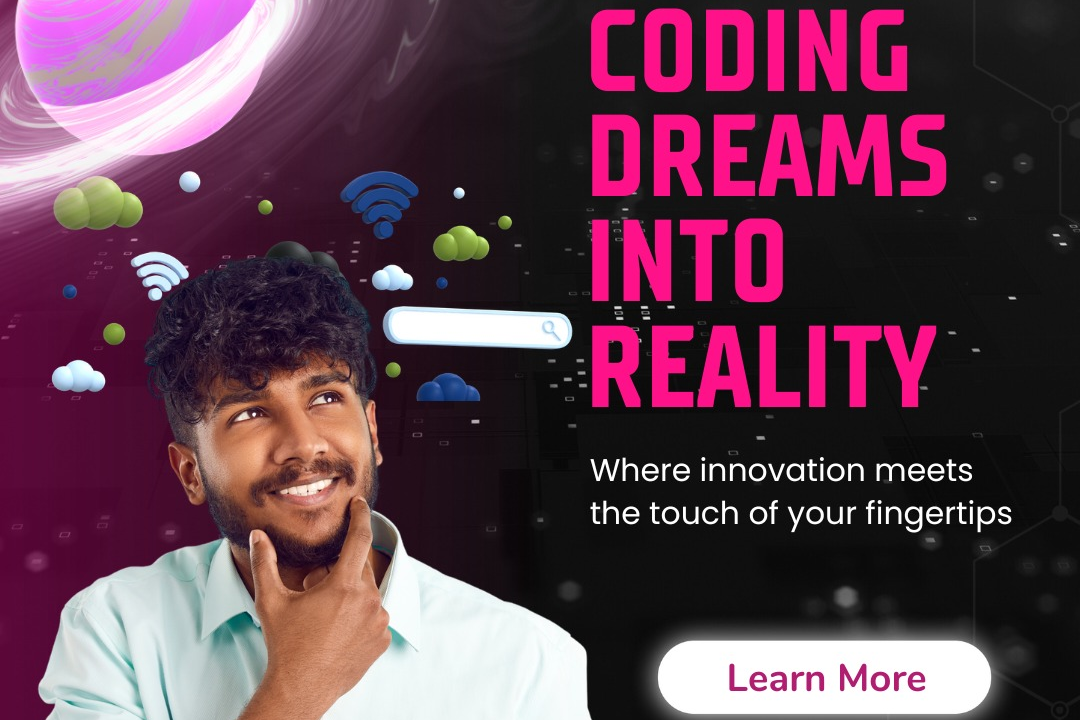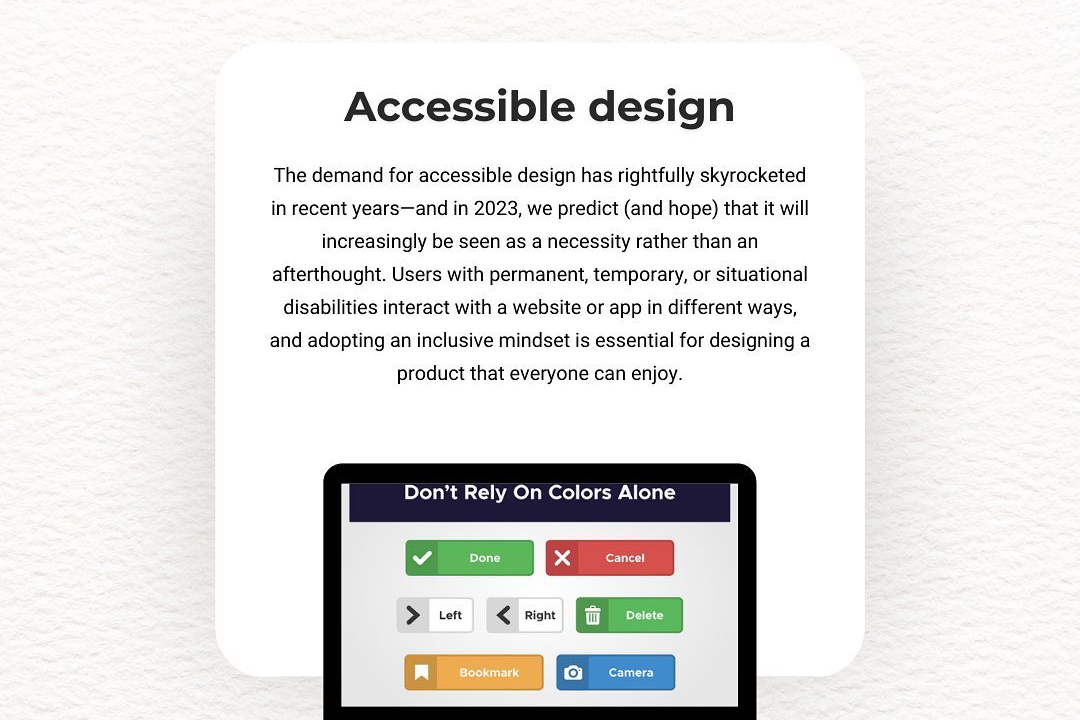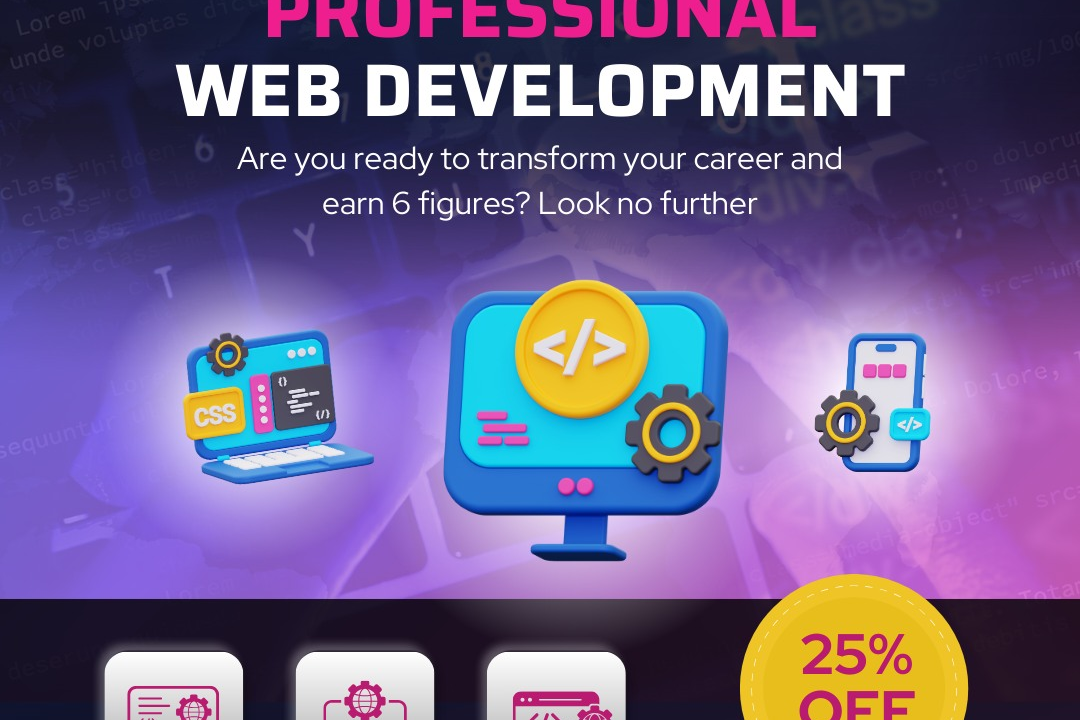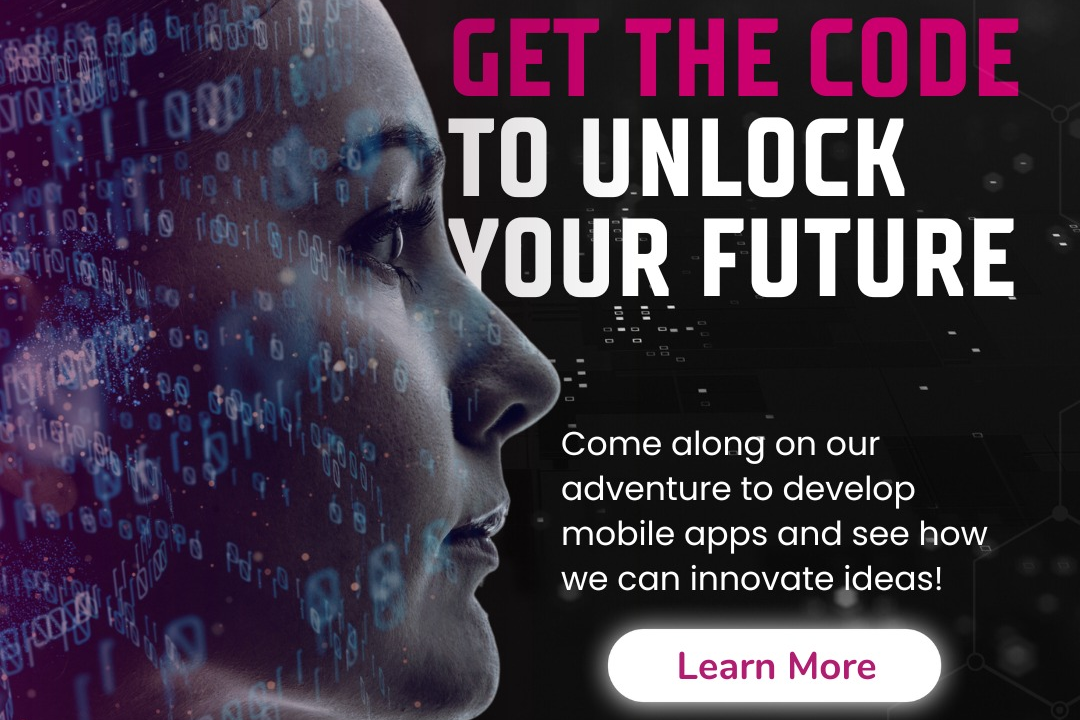Ios project management frameworks
Effective iOS Project Management Frameworks
Ios project management frameworks
iOS project management frameworks are structured methodologies that facilitate the planning, execution, and monitoring of iOS app development projects. Common frameworks include Agile, Scrum, and Kanban, which emphasize iterative development, flexibility, and collaboration among cross-functional teams. Agile methodologies promote responsiveness to changing requirements, while Scrum utilizes time-boxed sprints and defined roles like Product Owner and Scrum Master to enhance team focus and productivity. Kanban, on the other hand, highlights visual workflow management to optimize task prioritization and improve efficiency. By adopting these frameworks, iOS development teams can improve communication, streamline development processes, and deliver high-quality applications that meet user needs effectively.
To Download Our Brochure: https://www.justacademy.co/download-brochure-for-free
Message us for more information: +91 9987184296
1 - Agile Methodology: A popular approach that promotes adaptive planning and flexibility in development processes. Teams work in iterative cycles called sprints, allowing for continuous improvement and delivery.
2) Scrum: A subset of Agile focused on delivering products in short cycles called sprints. It includes roles like Scrum Master and Product Owner, and emphasizes daily stand up meetings to enhance team communication.
3) Kanban: A visual project management framework that helps teams manage workflow and optimize efficiency. Tasks are represented on boards, allowing for real time progress tracking and prioritization.
4) Extreme Programming (XP): Focuses on technical practices and continuous feedback to improve software quality. XP encourages frequent releases in short development cycles, promoting customer involvement.
5) Waterfall Model: A linear and sequential approach where each phase must be completed before moving to the next. This model is more suited for well defined projects but can be rigid compared to Agile methods.
6) Lean Software Development: Derived from Lean manufacturing principles, this framework emphasizes minimizing waste, improving efficiency, and delivering value to customers quickly.
7) Feature Driven Development (FDD): A model driven approach that focuses on building features in short iterations. It divides projects into specific, smaller features to streamline development.
8) Rapid Application Development (RAD): Emphasizes quick development and iteration of prototypes over rigorous planning. It encourages user feedback and involvement throughout the development process.
9) DevOps: Integrates development and operations to improve collaboration and productivity. It promotes automation of processes and continuous delivery of software through a culture of cross functional teamwork.
10) SAFe (Scaled Agile Framework): Provides a framework to apply Agile principles at scale in larger organizations. It includes roles, practices, and values that support multiple teams working collaboratively.
11) Crystal Methodologies: A family of Agile methodologies that emphasizes people and interactions over processes and tools. It adapts to the needs of individual teams and projects based on their size and criticality.
12) Disciplined Agile Delivery (DAD): A process decision framework that provides guidance on integrating various Agile and Lean strategies. It focuses on delivering solutions in a disciplined manner.
13) Open Agile: A community driven approach to adopt Agile principles in various settings. It encourages flexibility and customization of Agile methodologies to fit an organization’s culture.
14) Scaled Agile Framework (SAFe): A framework that offers practices, roles, and responsibilities to enable transformation to Agile at an enterprise level, helping teams coordinate at scale.
15) PMBOK (Project Management Body of Knowledge): While not specific to iOS development, PMBOK offers foundational knowledge for managing projects, including best practices, processes, and guidelines that can be beneficial in managing iOS projects.
16) User Stories and Backlogs: Techniques used in Agile frameworks for managing project requirements. User stories outline features from the user's perspective, prioritized in a product backlog for development.
Conclusion
These frameworks offer a variety of approaches suited for different project scales, teams, and organizational structures. A training program that covers these methodologies would equip students with diverse skill sets in iOS project management, enhancing their adaptability in the tech industry.
Browse our course links : https://www.justacademy.co/all-courses
To Join our FREE DEMO Session: Click Here
Contact Us for more info:
- Message us on Whatsapp: +91 9987184296
- Email id: info@justacademy.co
Cheapest Online iOS Training Institutes in Kochi












